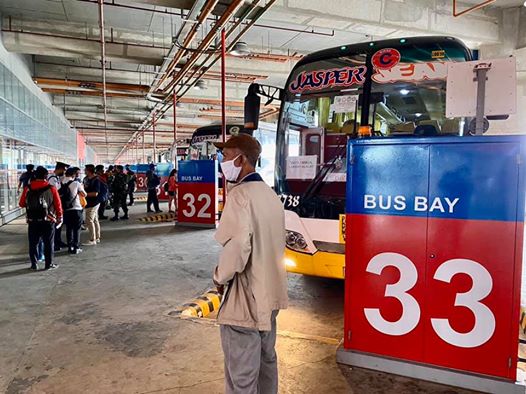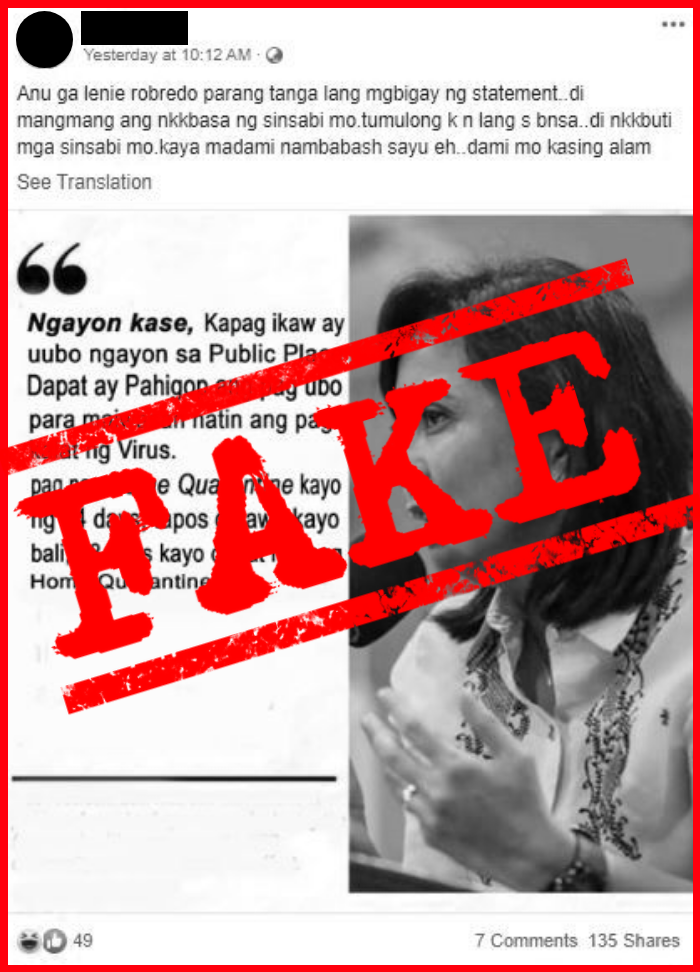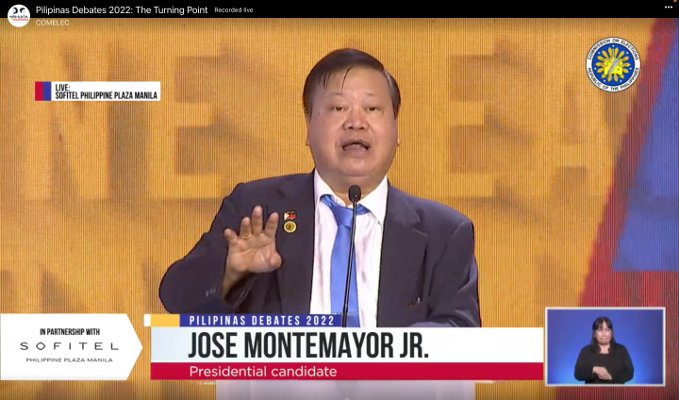Governments in some parts of the world are “central” in spreading coronavirus-related disinformation, according to communication researchers who also note increasing public trust in the news media.
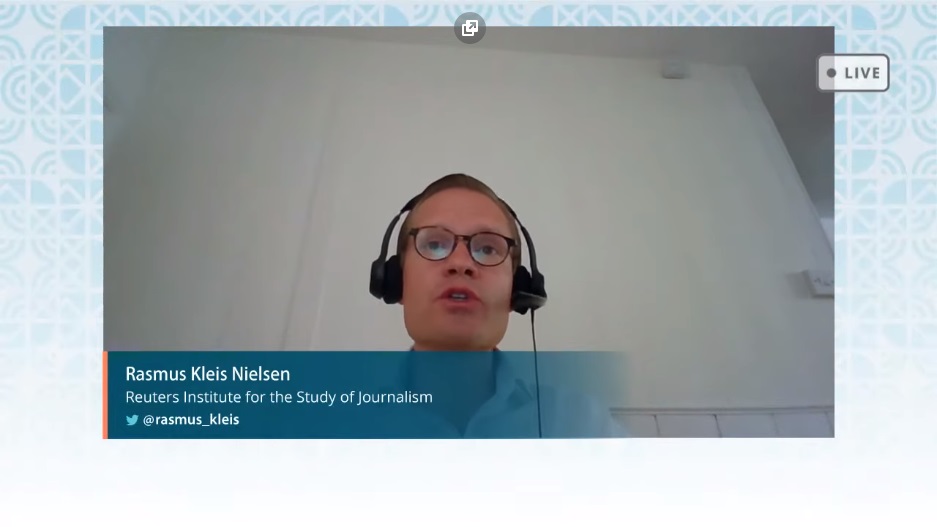
Rasmus Nielsen, director of the Reuters Institute for the Study of Journalism, talking about the findings of their survey.
Rasmus Nielsen, director of Reuters Institute for the Study of Journalism and one of the speakers in an online session on June 24 for the 7th annual Global Fact conference organized by the International Fact-Checking Network (IFCN), said the rate of misinformation and disinformation coming from governments has risen rapidly. He added that politicians are more interested in “the power part of their roles rather than their responsibilities.”
“Some individual politicians have demonstrably lied and misled the public about the coronavirus and their response. Some governments even denied that this [coronavirus] disease existed in their communities.” Nielsen said.
He cited a survey conducted in late March to early April in six countries showing increasing people’s trust in the news media while trust on information from government officials and social media dipped. The survey covered six countries –Argentina, Germany, South Korea, Spain, the UK and the US.
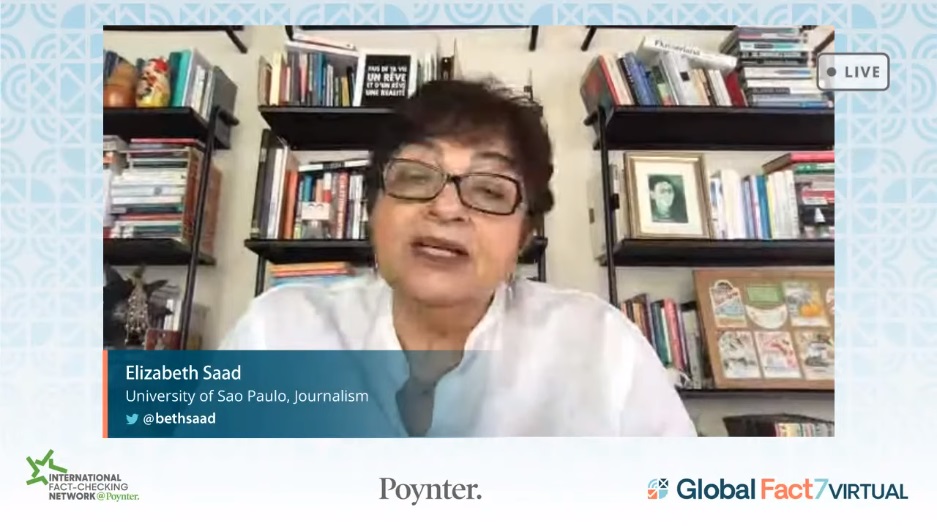
Elizabeth Saad, senior professor and research leader at the University of Sao Paulo, talking about coronavirus misinformation in Brazil.
Another speaker at the forum, Elizabeth Saad, senior professor and research leader at the University of Sao Paulo, said she observed the same thing. According to her, Brazilians’ trust in news media is on an uptick, especially towards traditional media, due to the huge threat coming from the government and other coronavirus-related concerns “resulting from politics.” Brazil has registered more than 1.1 million COVID-19 cases since the pandemic began early this year.
Nielsen said there is a huge trust gap (33 percent) between information from news organizations and information from social media among the six countries surveyed. Nielsen also said the news is the public’s consistent source of information about the coronavirus and that people turn to journalists for information in times of crisis.
“We find that social factors like education matter,” Nielsen said. “We find that political factors matter, too, with those [people], sympathetic to politicians [that] advanced false and misleading claims about the coronavirus, often less informed.”
The survey Nielsen and his team published reported that “people with limited formal education in almost every country rely less on news organizations for news and information about the coronavirus” and often know less about the coronavirus compared to the rest of the population.
However, Nielsen said the people who fall under that category are only a quarter of their respondents. Most of the time, people are only being skeptical of the information they receive.
It’s a different situation in the Philippines as reflected in a survey conducted under the auspices of Reuters Institute for the Study of Journalism (RISJ) at Oxford University in 40 countries including the Philippines January and February this year.
The survey showed Filipinos are highly interested in news and believe in the importance of independent journalism. The interest, however, does not translate to trust. They survey showed trust in media in general is low. Much lower is trust in social media.
The survey further showed there is a high level of concern over misinformation.
The Global Fact 7 conference is a week-long event involving over 150 speakers in more than 40 countries. The event is offering free public track sessions livestreamed via the Facebook, Youtube and Twitter accounts of globalfact7.com from June 22 to June 26.
Bryan Manalang is a University of the Philippines student writing for VERA Files as part of his internship.
